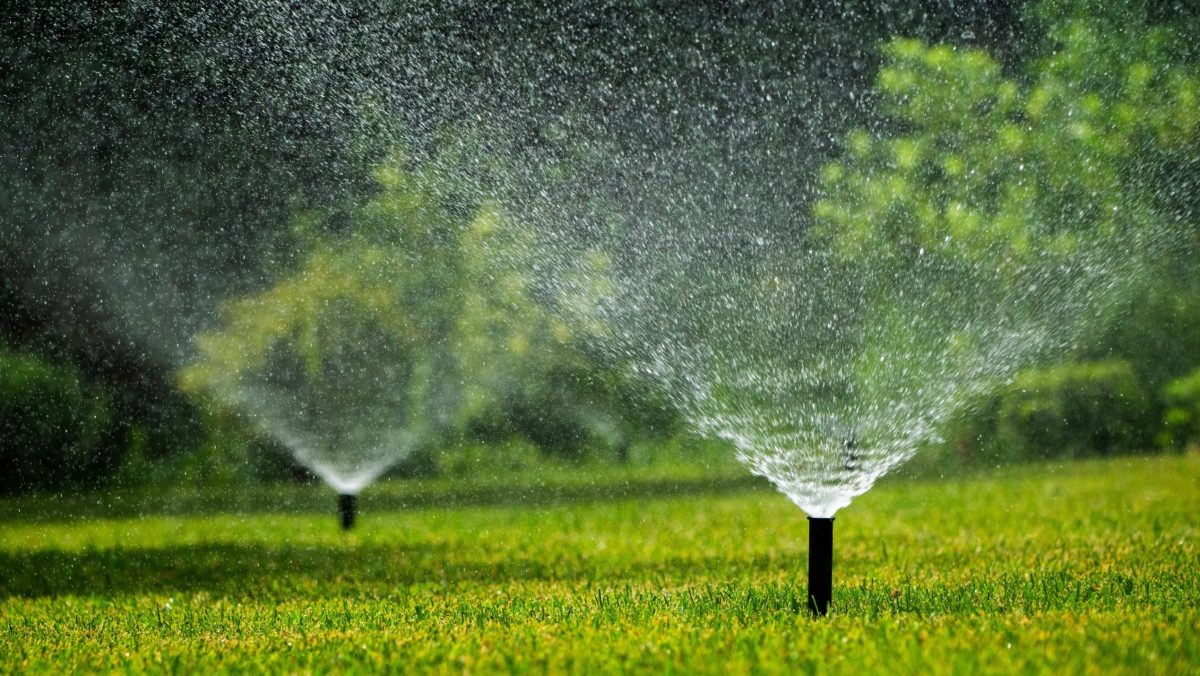Water is the lifeline of any residential community, but in Chennai, it’s also a constant challenge. This city has seen the worst of both worlds, severe droughts when reservoirs ran bone-dry and monsoon floods that left entire neighborhoods waterlogged. For Resident Welfare Associations (RWAs), water management is more than a responsibility, it’s a question of survival, compliance, and sustainability.
The 2019 “Day Zero” crisis, when the city’s main reservoirs Chembarambakkam, Red Hills, Poondi, and Cholavaram hit critically low levels, forced thousands to depend on water tankers and packaged water for months. Apartment complexes with poor rainwater harvesting systems were hit the hardest, spending lakhs on tanker water. This crisis underlined why every RWA must take water conservation, storage, and recycling seriously.
Why RWAs need water management rules
Unlike individual homes, apartment societies handle large-scale water needs, from daily supply to garden irrigation, swimming pools, and sewage disposal. The RWA acts as the “water manager,” ensuring both adequate availability and compliance with Chennai Metro Water Supply & Sewerage Board (CMWSSB) rules. Poor planning can lead to:
- Sky-high water bills due to tanker dependency.
- Penalties for not having rainwater harvesting (RWH) systems.
- Fines from the Tamil Nadu Pollution Control Board (TNPCB) for sewage mishandling.
By understanding the rules and implementing best practices, RWAs can save money, reduce wastage, and ensure sustainable living.
The legal framework around water in Chennai
Several laws govern water use, harvesting, and disposal in Chennai. As an RWA, you must be aware of these:
1. Chennai Metro Water Supply & Sewerage Board Act, 1978
- Governs domestic and commercial water supply and sewage disposal in Chennai.
- RWAs must pay CMWSSB charges on time and ensure no illegal connections or misuse.
2. Tamil Nadu Building Rules, 2019
- Makes rainwater harvesting systems mandatory for all buildings, including older apartments.
- Building approvals are linked to RWH compliance.
3. Tamil Nadu Groundwater (Development and Management) Act, 2003
- All borewells must be registered with the local body or CMWSSB.
- Over-extraction of groundwater is prohibited and punishable.
4. Tamil Nadu Pollution Control Board (TNPCB) Regulations
- Societies with 50+ flats or consuming over 5 lakh litres/day must install sewage treatment plants (STPs).
- Untreated water cannot be discharged into drains, stormwater lines, or lakes.
Key water management rules for RWAs
1. Rainwater harvesting (RWH)
Rainwater harvesting is non-negotiable in Chennai. Every society, old or new, must:
- Have functional RWH systems (tanks, recharge pits, or percolation wells).
- Clean and maintain them before each monsoon.
- Submit proof of RWH installation when requested by CMWSSB.
- For large complexes, have centralized RWH structures that can collect and divert roof and surface runoff into recharge wells.
2. Sewage treatment plants (STPs)
- STPs are mandatory for all large apartment complexes.
- Treated water must be reused for flushing, gardening, or car washing, reducing freshwater use.
- RWAs must maintain proper records of STP maintenance and water quality checks. TNPCB conducts surprise inspections and imposes fines for violations.
3. Borewell management
- All borewells must be registered with local authorities.
- RWAs must monitor groundwater levels to prevent depletion.
- Using illegal or unregistered borewells can lead to sealing and penalties.
4. Water quality testing
- Tanker water (commonly used during summer) must be tested for contamination (TDS and bacterial content).
- RWAs should keep a vendor log to ensure water is sourced from certified suppliers.
Penalties for non-compliance
RWAs face serious consequences for ignoring water management rules:
- No RWH system: CMWSSB can disconnect metro water supply.
- Illegal borewells: Seizure, sealing, and fines.
- STP violations: TNPCB has fined societies like the Padur apartment complex ₹80 lakh for discharging untreated sewage into wetlands.
- Tanker misuse: Using unapproved water sources can lead to contamination and health risks, with legal action possible.
Best practices for RWAs
To stay ahead, RWAs can adopt these proactive measures:
1. Annual water audit
- Monitor water inflow and outflow.
- Identify leaks or excess consumption areas.
2. Upgrade rainwater harvesting systems
- Use modular tanks and percolation pits for maximum efficiency.
- Clean and inspect all RWH setups before the monsoon.
3. Optimize STPs
- Train staff to operate STPs effectively.
- Use treated water for all non-potable purposes.
4. Use water-saving fixtures
- Encourage residents to install aerators, dual flush tanks, and sensor taps.
5. Educate residents
- Share monthly water-saving tips via WhatsApp or society newsletters.
6. Collaborate with experts
- Partner with water conservation NGOs or private consultants for water audits and recycling ideas.
RWA checklist for water management
Here’s a simple checklist to help RWAs stay compliant and efficient:
Before monsoon:
- Inspect and clean rainwater harvesting pits and tanks.
- Check for pipe blockages and leaks.
Monthly:
- Test STP-treated water quality.
- Monitor borewell water levels.
Quarterly:
- Conduct water quality tests (TDS, bacterial) for tanker water.
- Check STP logs and vendor performance.
Annually:
- Perform a full water audit.
- Renew any government licenses or permits.
Learning from Day Zero
The 2019 Day Zero in Chennai was a reminder of what happens when water is taken for granted. Communities that had functional rainwater harvesting systems and STPs weathered the crisis far better than those relying solely on tanker water. RWAs should treat water management as a year-round priority, not a seasonal task.
Water management in Chennai is no longer about convenience, it’s about compliance, cost-saving, and survival. RWAs that adopt sustainable practices like rainwater harvesting, STPs, and water audits not only avoid penalties but also ensure that their community has water security, even in tough times.
A proactive RWA can save lakhs annually, reduce tanker dependency, and create an eco-friendly community that future residents will thank.


